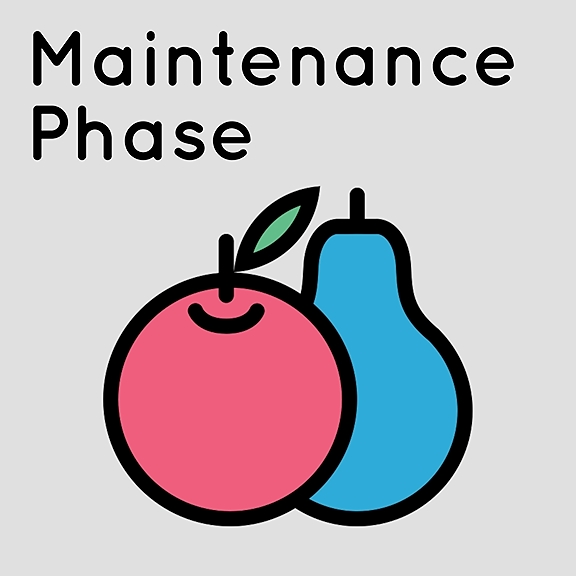
Multiple Sclerosis: Feeling Drained. Fatigue & Sleep Challenges
CONTINUING EDUCATION
If you are a psychologist and want CE credits for listening this episode, click on this link: https://learn.findempathy.com/courses/MS-Fatigue
To find out more about our courses visit: FindEmpathy.com/learn.
Learning Objectives:
- Identify at least three contributors to multiple sclerosis fatigue.
- Name two strategies for helping your patients manage or cope with MS-related fatigue.
- Identify two ways that CBT for Insomnia can be adapted for people living with multiple sclerosis, especially those with mobility challenges or increased disability.
PODCAST SUMMARY
Fatigue is one of the most disabling symptoms of multiple sclerosis and occurs in approximately 80% of people with this condition. In an article that was published in the Journal of Neurological Sciences in 2021, it was found that fatigue was the number one factor influencing self-reported ability to work.
In this 2021 study, fatigue was significantly associated with an increased likelihood of missing work, low work productivity, and decreasing ability to work. When fatigue was combined with depression, there was a higher likelihood of people reducing their work hours or not working at all. And when fatigue and anxiety were present, fatigue was associated with many more work-related challenges.
While fatigue can develop directly from multiple sclerosis. It can also be caused by or exacerbated by many other factors, including things like vitamin deficiencies, depression, and physical exertion.
Another huge contributor to MS-related fatigue is poor sleep.
Although fatigue and sleep can exacerbate one another. They can also be independent of one another. Sleep disorders are extremely common in people with multiple sclerosis. They can be caused by MS symptoms like bladder urgency at night, restless legs, chronic pain, or temperature dysregulation. But other conditions like sleep apnea are also more common and contribute to daytime sleepiness.
In this podcast course, you will learn from two psychologists. The first is Dr. Anna Kratz. She's a research psychologist at the University of Michigan. She discusses new ways to assess fatigue, as well as ways to treat or mitigate its effects.
Dr. Abbey Hughes from the Johns Hopkins University School of Medicine discusses different types of sleep disorders seen in individuals with multiple sclerosis, as well as a current study she's conducting to assist patients to improve their sleep. She offers advice for mental health professionals on how to work with their clients on sleep-related issues.
Our patient voice and advocate is Kathy Chester. She's the host of the Move it or Lose it Podcast. And she's also the owner of Disrupt Fitness Gym. Kathy has lived with both multiple sclerosis and rheumatoid arthritis for over 20 years. She shares about living with both of those conditions, as well as some helpful tips for managing fatigue, especially for those who want to keep active and exercise regularly.
Our Experts:
- Kathy Chester - MS Warrior, Certified MS Fitness Trainer and Certified Personal, Host of the Move It of Lose It Podcast
- Anna Kratz, PhD - Clinical Psychologists and Associate Professor in the Department of Physical Medicine and Rehabilitation at the University of Michigan
- Abbey Hughes, PhD - Clinical Psychologist, Assistant Profe




















